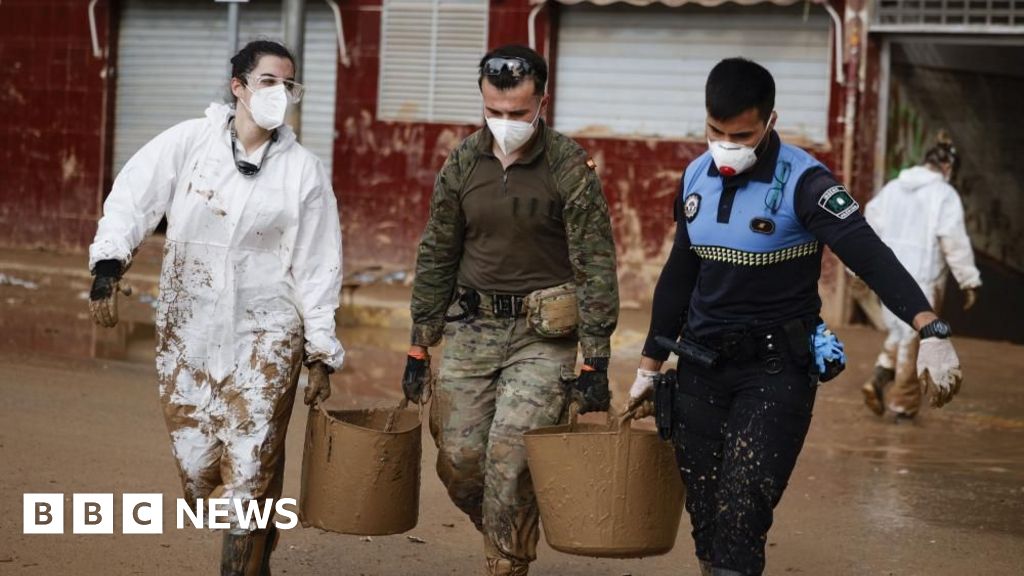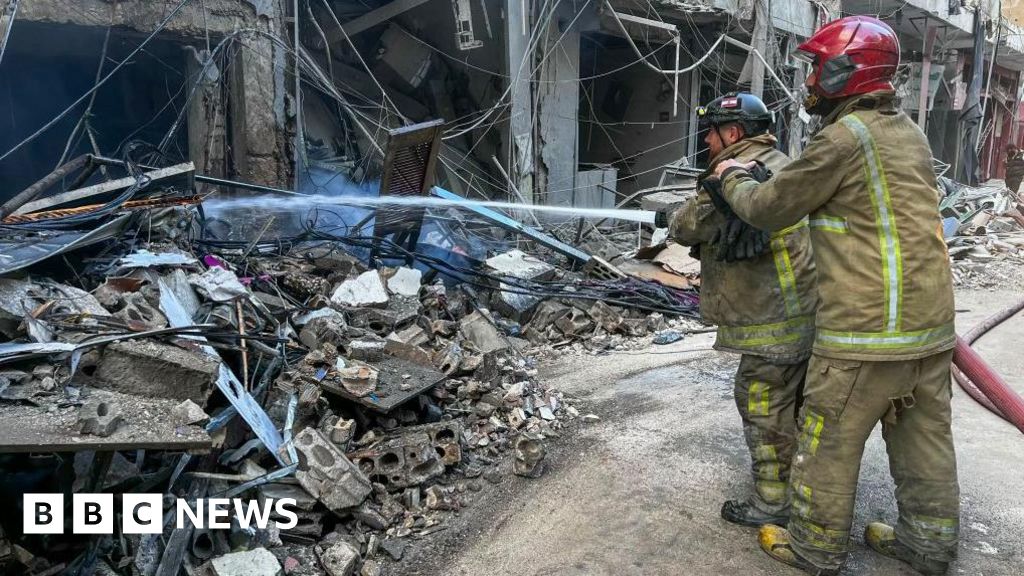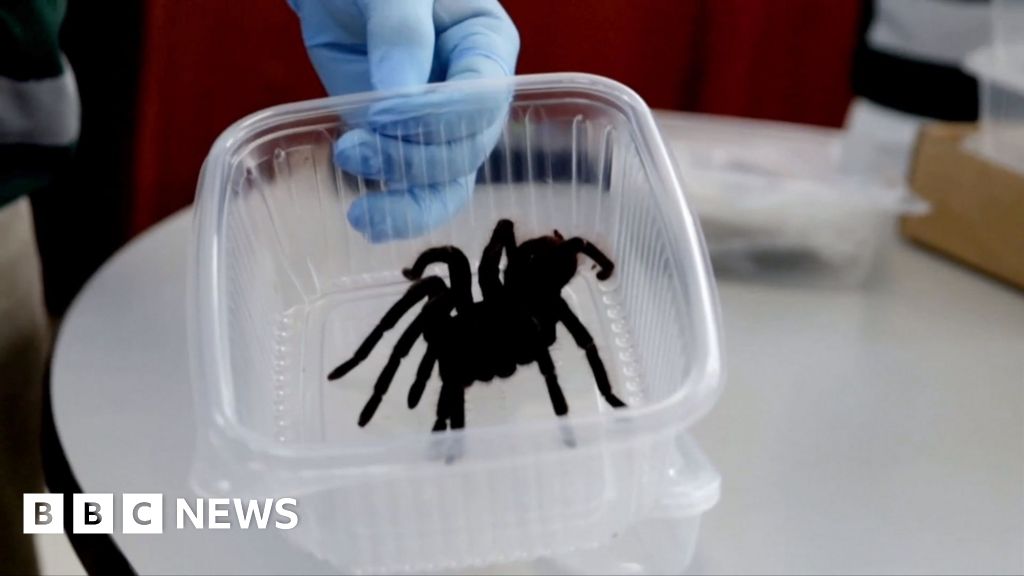ARTICLE AD BOX
Image source, Getty Images
Image caption, Former Prime Minister Peter O'Neill promised in 2018 that the Maserati purchase would not leave the government "out of any funds"Papua New Guinea has admitted making a "terrible mistake" after struggling to sell a $4.2m ($5.6m) fleet of luxury cars bought to impress politicians during a meeting of regional leaders.
The then-government boasted the Maseratis would be snapped up after being used for the 2018 Asia-Pacific Economic Cooperation (Apec) conference.
The purchase caused a controversy, with some leaders refusing to use them.
Now the country - one of the poorest in the Pacific - will sell them at a loss.
"If we had any foresight, the Maseratis would not have been purchased in the first place," Finance Minister Sir John Pundari told local media.
"I don't know the reasons we went down the path of purchasing Maseratis and now we are caught up with this dilemma," he added.
The cars will now be sold for around 400,000 kina each (around £84,000 or $114,000), around a 20% loss on the original price.
At the time, the country's Apec Minister Justin Tkatchenko defended the purchase, claiming that the cars would provide "the level of carriage for leaders that is the standard for vehicles used at Apec summits".
Mr Tkatchenko claimed that the vehicles would "sell like hot-cakes" once the summit had concluded and then prime minister, Peter O'Neill, promised that the government "will not be out of any funds".
However, the cars have reportedly remained in a warehouse in the capital of Port Moresby since the summit ended. In 2019, James Marape, then finance minister, and now prime minister, led local media to the warehouse in an attempt to prove that none of the cars were missing or stolen.
The country also faced other difficulties soon after the summit. In November 2018, police and security forces stormed the parliament buildings in a dispute over unpaid bonuses of around 350 kina (£81 or $109).
Authorities were also forced to appeal for the return of almost 300 other cars that went missing after being loaned to officials during the summit.
Papua New Guinea is one of the poorest countries in Apec, with 40% of the population living on less than $1 a day according to the UN.

 3 years ago
168
3 years ago
168








 English (US)
English (US)